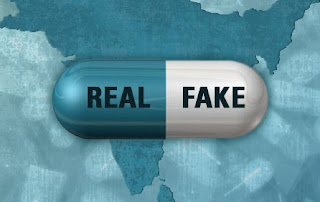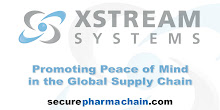
The Finnish Broadcasting Company YLE is reporting that Finnish Customs is investigating a widespread case of illegal importation of pharmaceuticals, and hundreds of Finns are suspected of having committed a crime.
According to the report:
· Finnish Customs is focusing on more than 800 online orders of medication from abroad that were placed over a two-month period. Finnish Customs have confiscated more than 140,000 individual tablets.
· Customs officials have stated that some of the bought so-called pharmaceuticals have even been toxic.
· Certain ordered remedies were discovered to contain floor wax, for example. As far as is known, the bogus drugs have not yet caused danger to anyone’s life.
· "Anyone who orders pharmaceuticals on the Net may be guilty of a medications law violation. If the medication contains intoxicants, this may be a drug violation or a violation involving performance enhancers", the Western Customs District's anti-crime chief Hannu Sinkkonen told YLE News.
· According to Finnish Customs, organized international criminal gangs are behind the illegal drug business.
Secure Pharma Chain Blog supports the enhanced enforcement and interdiction of fraudulent, adulterated and counterfeit medications.
It has long been known and reported that unlicensed international internet sites are notorious for their high percentage of bogus medications that can cause severe health issues or death to the consumer.
It is also well known that internet sites are a significant contributor of nefarious and fake medications ending up in the legitimate pharmaceutical supply chains.
The most effective interdiction is material authentication of products within the supply chain.
To learn more about supply chain authentication solutions, visit: http://www.xstreamsystems.net/.
To read more about the YLE report, visit: http://www.hs.fi/english/article/YLE+Customs+suspect+hundreds+of+Finns+of+illegal+importation+of+pharmaceuticals+over+the+Internet/1135256918425.




















